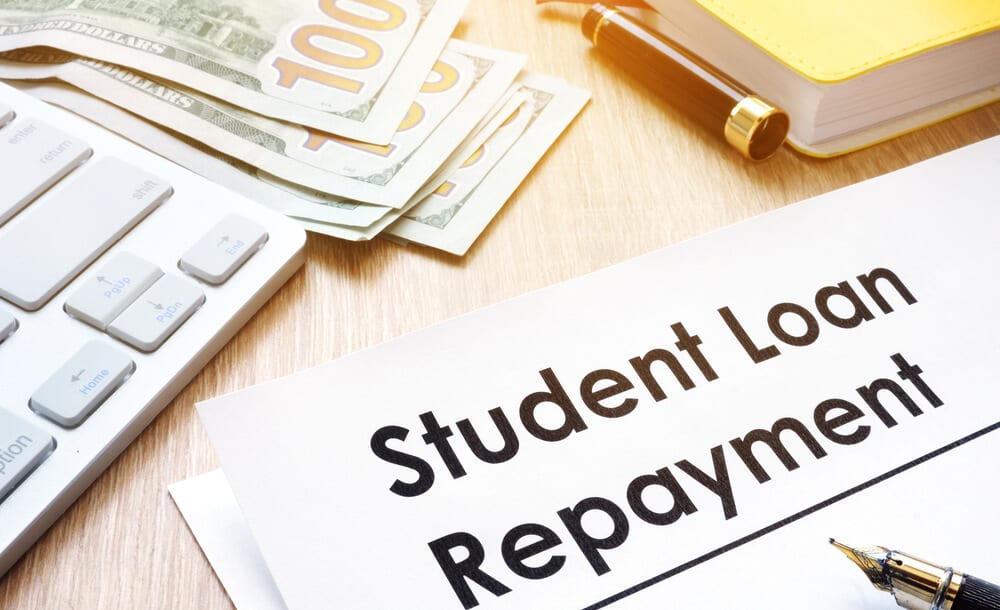
Can Your Law Firm Offer Student Loan Repayment? The Answer May Be Yes
April 6, 2021If you have outstanding student loans, then you might want to take a closer look at the Coronavirus Aid, Relief, and Economic Security (CARES) Act that was enacted in March 2020.
Many law school graduates are aware that the U.S. government temporarily set the loan interest rate to 0% on federal student loans. But few have noticed the other potentially lucrative student loan deduction option — employers can now contribute to your student loan debt tax-free.
Let’s take a closer look at this deduction and how it can help your law school loans.
Table of Contents
Employers Can Offer Tax-Free Student Loan Repayment
When the CARES Act became law in March 2020, it included a section that outlined a new option for employers to help their employees repay student loans tax-free. That’s right! Based on Section 2206 of the CARES Act, employers can contribute up to $5,250 to their employees’ student loans each year without a tax penalty.
Importantly, this contribution is tax-free for both the employer and the employee. That means that neither you nor your employer has to worry about a surprise tax bill.
Originally, this opportunity was set to expire on January 1, 2021. However, the Consolidated Appropriations Act of 2021 extended this opportunity for five years. Some have taken this move as an indication that Congress might decide to make this benefit permanent in the future.
Asking your Law Firm About This Student Loan Deduction
This student loan deduction allows for a double tax benefit — neither you or your employer have to pay income tax on the contribution. It’s a no-brainer to ask your employer about this potential opportunity. Both you and your employer stand to gain from the contribution, so why not bring it up?
But before diving into the conversation, it’s important to note that highly compensated employees earning more than $125,000 per year won’t qualify for this opportunity. Also, if you’re the owner of a small business, you’re only eligible for up to 5% of this benefit.
The good news is that your employer can make this contribution to your student loans as a payment directly to you or to the lender. This gives you more control over your student loan repayment strategy.
For example, if you’re pursuing an income-driven repayment plan, you can use the funds to cover your monthly payments instead of a single payment to lower the principal. As long as you make student loan payments equal to the amount your employer provides, you’re within the strict parameters of the IRS code.
Other Ways to Lower your Student Loan Debt Burden
Whether or not you qualify for this opportunity, there’s another effective way to lower your student loan debt burden without the help of your employer. Student loan refinancing can be the right path for some borrowers seeking a more manageable student loan repayment plan.
With the help of refinance student loans, you might be able to lower your student loan debt. However, it might not be the right move for everyone. If you have federal student loans and are pursuing a forgiveness option, for example, then refinancing would eliminate your eligibility under a federal forgiveness plan.
The Bottom Line
Law school loans are a burden for any budget. Take some time to explore your options to create a more efficient student loan repayment plan for your situation.
Talk to your law firm about this opportunity, choose a refinance, or both. It never hurts to ask if you qualify.










